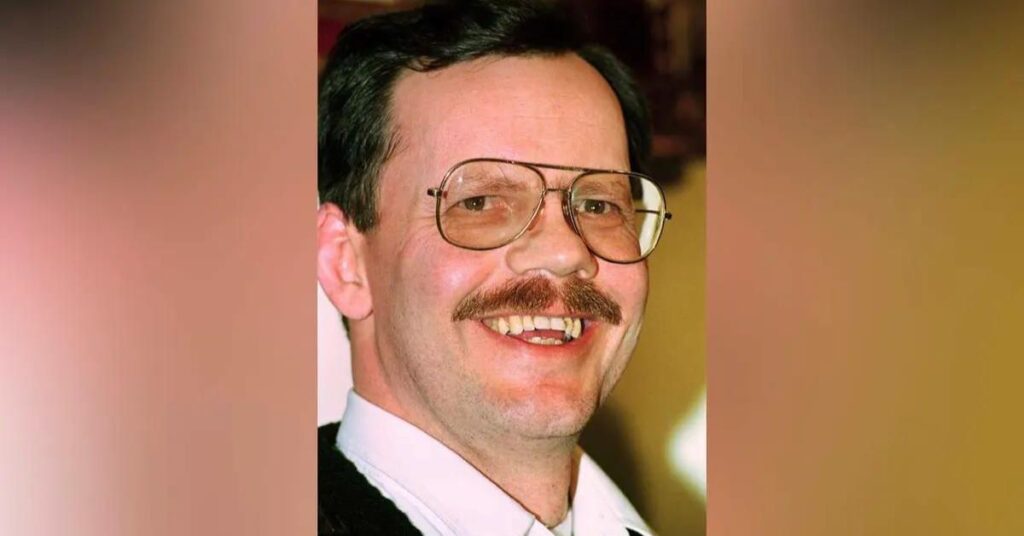Terry Anderson, a renowned American journalist, passed away at the age of 76, following complications from heart surgery. Anderson was best known for his work as the chief Middle East correspondent for the Associated Press (AP) during the Lebanon hostage crisis, where he was held captive for nearly seven years.
Anderson’s Abduction and Imprisonment

On March 16, 1985, Anderson was abducted in Beirut, Lebanon, while taking a break from his duties as a journalist. He was playing a game of tennis when gunmen dragged him into a car and sped away.
This was the beginning of a long and difficult journey for Anderson, who would spend the next seven years in captivity.
Anderson was held by Islamist militants, who were demanding the release of Muslim prisoners and the withdrawal of American peacekeeping forces from Lebanon. During his time in captivity, Anderson was subjected to brutal treatment, including being chained, beaten, and threatened. He spent much of the time blindfolded and was forced to sleep on a thin, dirty mattress on the floor.
Despite the harsh conditions, Anderson found ways to keep hope alive. He developed a system of tapping on the walls between cells to communicate with fellow hostage Terry Waite, who was being held by the same group. Waite, a Church of England envoy, was taken hostage by the group holding Anderson when negotiations broke down on January 20, 1987. Waite was eventually freed in 1991 after 1,763 days in captivity.
Anderson’s Release and Legacy
After 2,454 days in captivity, Anderson was finally released on December 12, 1991. His release was a significant moment for the international community, and it marked the end of a long and difficult chapter in the history of the Middle East.
Anderson’s experience as a hostage had a profound impact on his life and work. He became a vocal advocate for the rights of hostages and their families, and he worked tirelessly to raise awareness about the plight of those who had been kidnapped and held captive.
In the years following his release, Anderson continued to work as a journalist, covering some of the most significant events in the Middle East.
He also became involved in various humanitarian causes, including the Vietnam Children’s Fund, the Committee to Protect Journalists, and the homeless veterans.
Anderson’s legacy extends far beyond his work as a journalist. He is remembered as a hero and a symbol of hope, a man who endured unimaginable suffering but never lost his spirit or his commitment to making the world a better place.